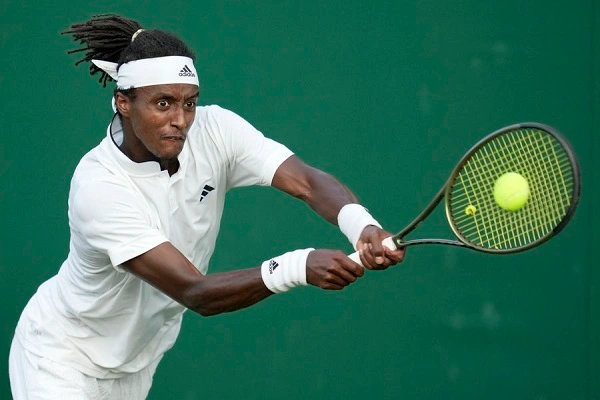Mikael Ymer’s Career Faces Setback as 18-Month Suspension Over Anti-Doping Rule Violations Shakes the Tennis World
Swedish tennis star Mikael Ymer has been suspended from professional tennis for an 18-month period by the International Tennis Federation (ITF) following allegations of breaching anti-doping regulations. This suspension will take effect provisionally until January 2025. This decision came after the Court of Arbitration for Sport (CAS) found Ymer guilty, causing him to serve an extended suspension for non-compliance with anti-doping rules.
The allegations revolve around Ymer missing three drug tests, which were scheduled out-of-competition, over a 12-month span. Similar offenses led to the suspension of American tennis player Jenson Brooksby earlier this year.
In June 2022, an independent tribunal initially cleared Ymer following his hearing request. However, the ITF challenged the decision and appealed, leading to Ymer receiving news of his 18-month suspension 13 months later, on July 17.
The CAS sided with the ITF, stating that Ymer failed to ensure his compliance with the anti-doping regulations by not verifying his whereabouts on November 7, 2021. The CAS deemed Ymer’s fault as “high” and labeled the third instance as a result of “culpable negligence.”
The 24-year-old Ymer, who is currently ranked 51st in men’s singles ATP rankings, was on the verge of entering the top 50 for the first time. However, this recent development has derailed his progress, and he now faces a significant challenge to restore his reputation.
Ymer publicly addressed his ban via his official Twitter account, confirming the ITF’s charge against him for potentially violating anti-doping rules through three missed out-of-competition test attempts within a year. Ymer highlighted that he had been cleared by an independent tribunal of three arbitrators in June 2022 but was stunned when the ITF appealed the decision despite being the entity that had appointed the arbitrators. The appeal led the CAS to rule against him based on the same facts that previously resulted in his clearance.
This recent verdict signifies a stern warning to athletes on the stringent nature of anti-doping regulations and emphasizes the responsibility players hold in adhering to these rules.











